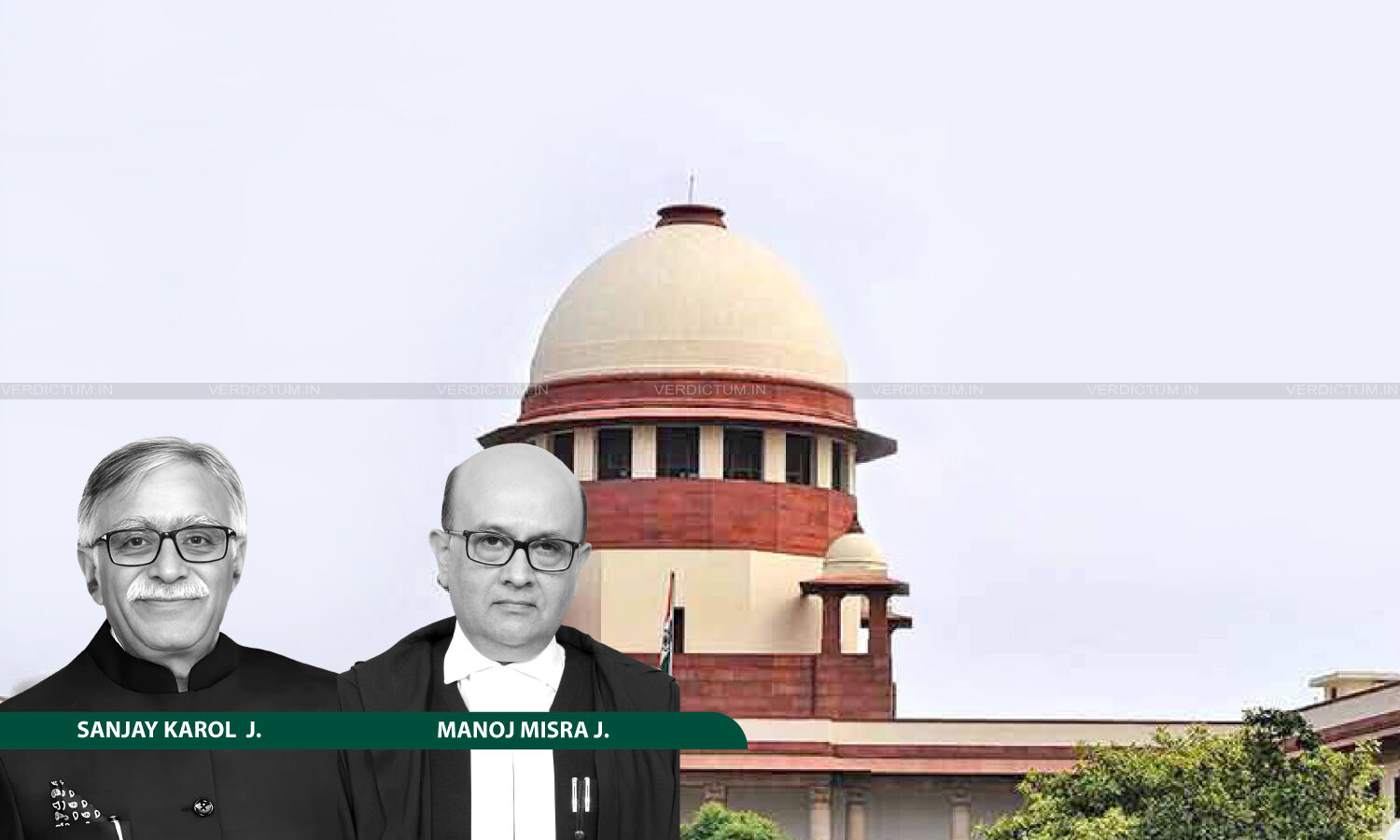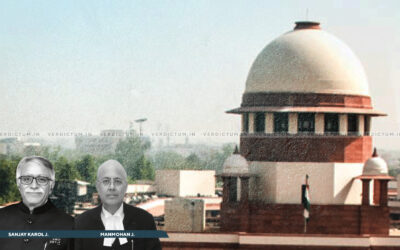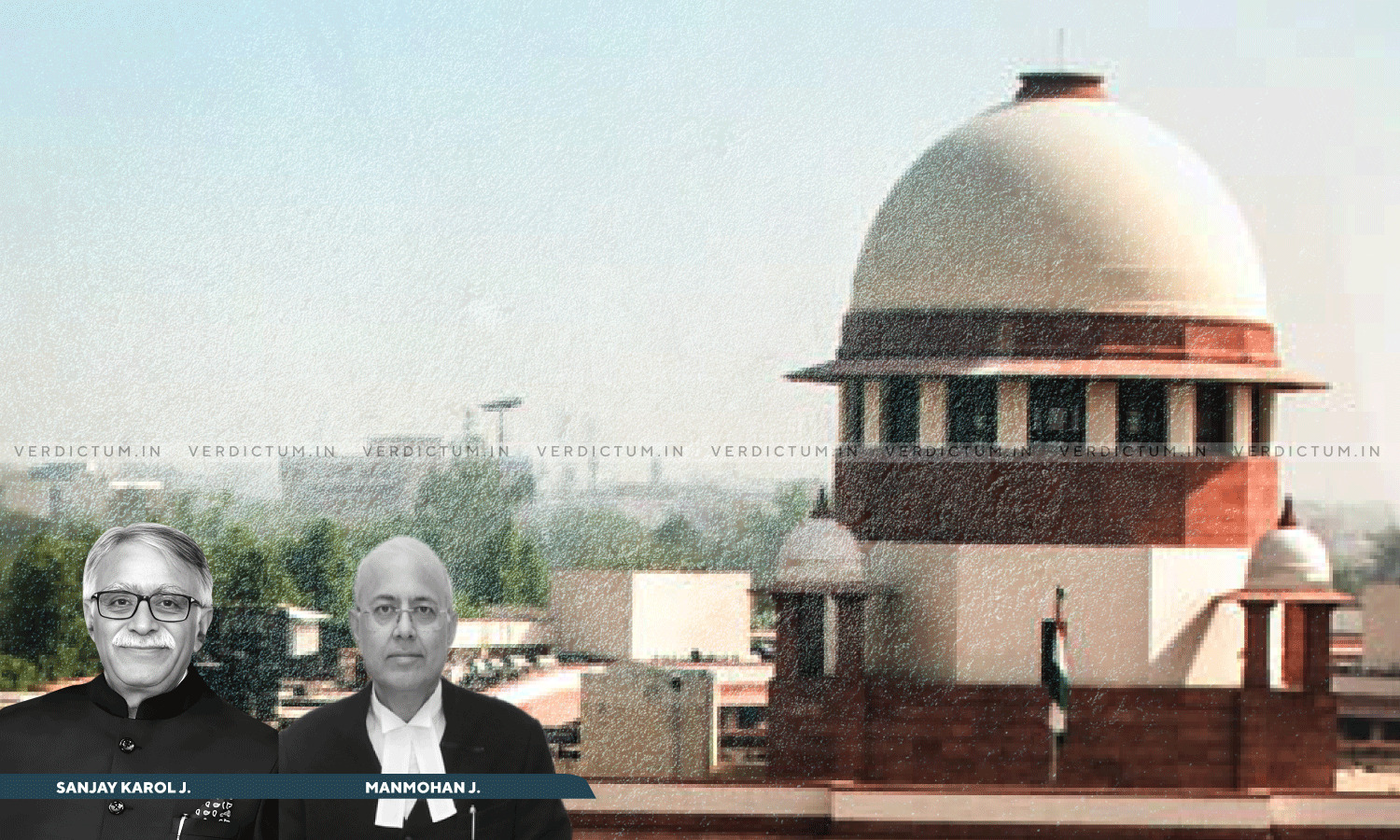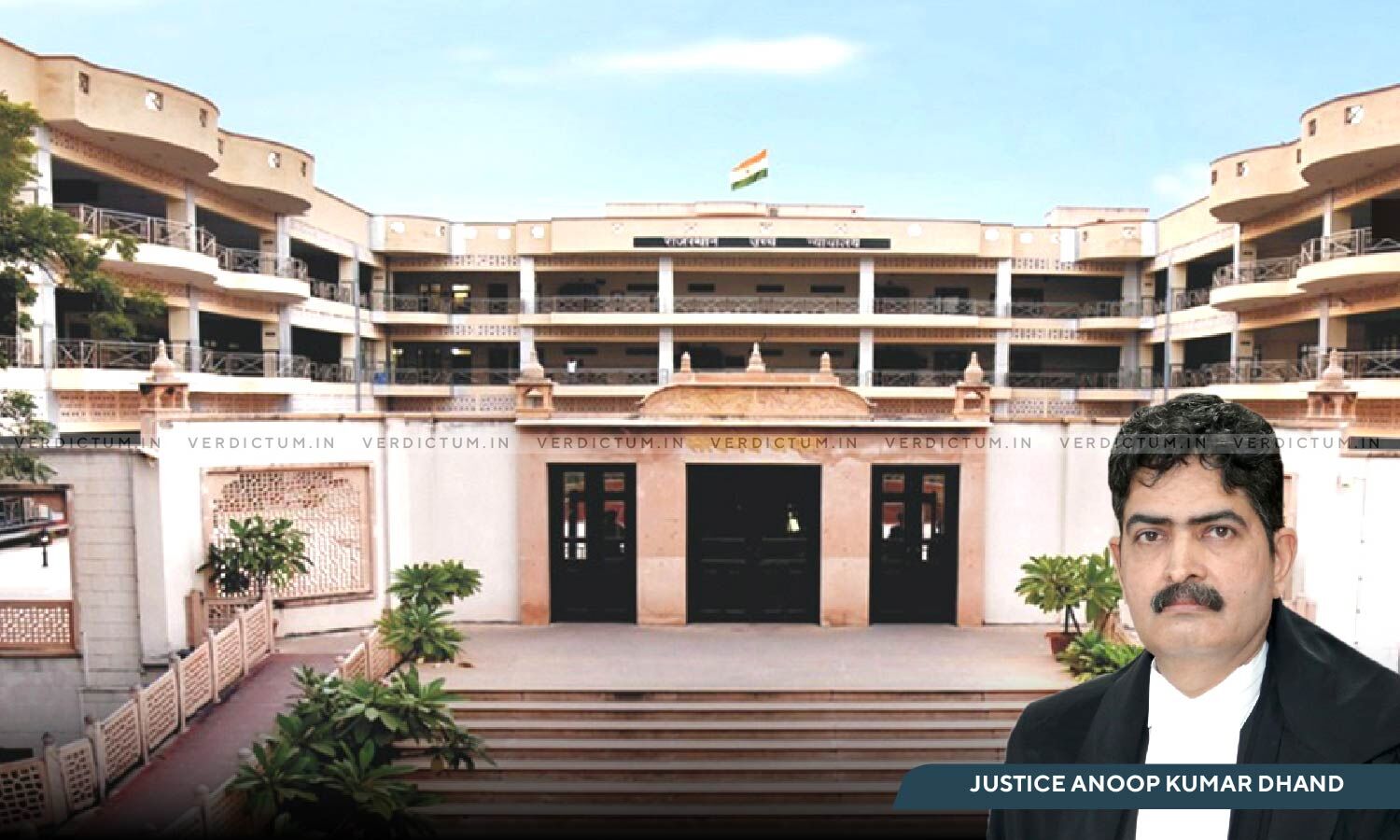High Court In A Petition U/S 482 CrPC Can’t Examine Whether The Charges May Hold Up In Court

The Supreme Court held that a High Court, in a Petition under Section 482 of the CrPC, cannot examine whether the charges may hold up in the Court.
The Court set aside the Order of the Patna High Court, which quashed the FIR registered under Sections 420, 406, and 34 of the IPC.
The Bench of Justice Sanjay Karol and Justice Manoj Misra held, “The scope of the Court’s power to quash and set aside proceedings is well-settled to warrant any restatement. While the arguments advanced have the potential to raise many issues for consideration, we must first satisfy ourselves as to the propriety of the exercise of such power by the High Court. The task of the High Court, when called upon to adjudicate an application seeking to quash the proceedings, is to see whether, prima facie, an offence is made out or not. It is not to examine whether the charges may hold up in the Court.”
Senior Advocate Navaniti Prasad Singh appeared for the Appellant, while Senior Advocate M C Dhingra represented the Respondent.
Brief Facts
According to the Appellant, he repaid the loan amount, which included the interest, after receiving a notice from the bank. He stated that “unbeknownst to him, the bank conducted a revaluation of the gold pledged by him and, to that end, deducted 1500 towards fees.” His applications for returning the pledged gold “fell on deaf years (sic).“
Court’s Reasoning
The Supreme Court explained, “In the present case, the Court has not only taken note of the fraud (prevention and detection) risk management policy of the bank but has also factored in the removal of the 1st valuer to come to the conclusion that there is an absence of malafides on the part of the bank. It has also come to the findings on merits that the appellant undertook the entire process of securing a loan from the bank with ill intention. We are at a loss to understand as to how such a conclusion was arrived at, for the settled position is that for determining intention, evidence has to be taken into account. In a similar vein, how the Court concluded that the appellant had an ulterior motive, is unclear.”
The Bench explained, “That apart, even though the account of the appellant was declared as NPA in April and despite the deposition of some amount it could not be upgraded to a standard account, the path available to the bank to auction off the gold was admittedly not taken. The first recall notice was not answered. The second recall notice was issued. The time granted was 15 days, but the payment was made much thereafter, on 22nd November. The revaluation report is of February, 2023, i.e., much after the payment had been made and the loan stood settled. Both letters addressed by the appellant to the officials of the bank seeking return of the pledged gold were subsequent to the full and final payment, i.e., on 3rd April, 2023 and 25th April, 2023.”
The Court stated, “It is true that the appellant repaid the amount, but with substantial delay. However, once the loan is settled, it is difficult to understand as to why the gold was revalued and auctioned.”
Consequently, the Court ordered, “In that view of the matter, we hold that the High Court had improperly quashed the proceedings initiated by the appellant. It stands clarified that we have not expressed any…opinion on the matter, and the guilt or innocence of the respondents has to be established in the trial, in accordance with the law. The proceedings out of the subject FIR, mentioned in paragraph 2 are revived and restored to the file of the concerned Court.”
Accordingly, the Supreme Court allowed the Appeal.
Cause Title: Abhishek Singh v. Ajay Kumar & Ors. (Neutral Citation: 2025 INSC 807)
Appearance:
Appellant: Senior Advocate Navaniti Prasad Singh; AOR Vaibhav Niti; Advocate Madhavi Agrawal
Respondents: Senior Advocate M C Dhingra; AOR Gaurav Dhingra and Samir Ali Khan; Advocate Shashank Singh





